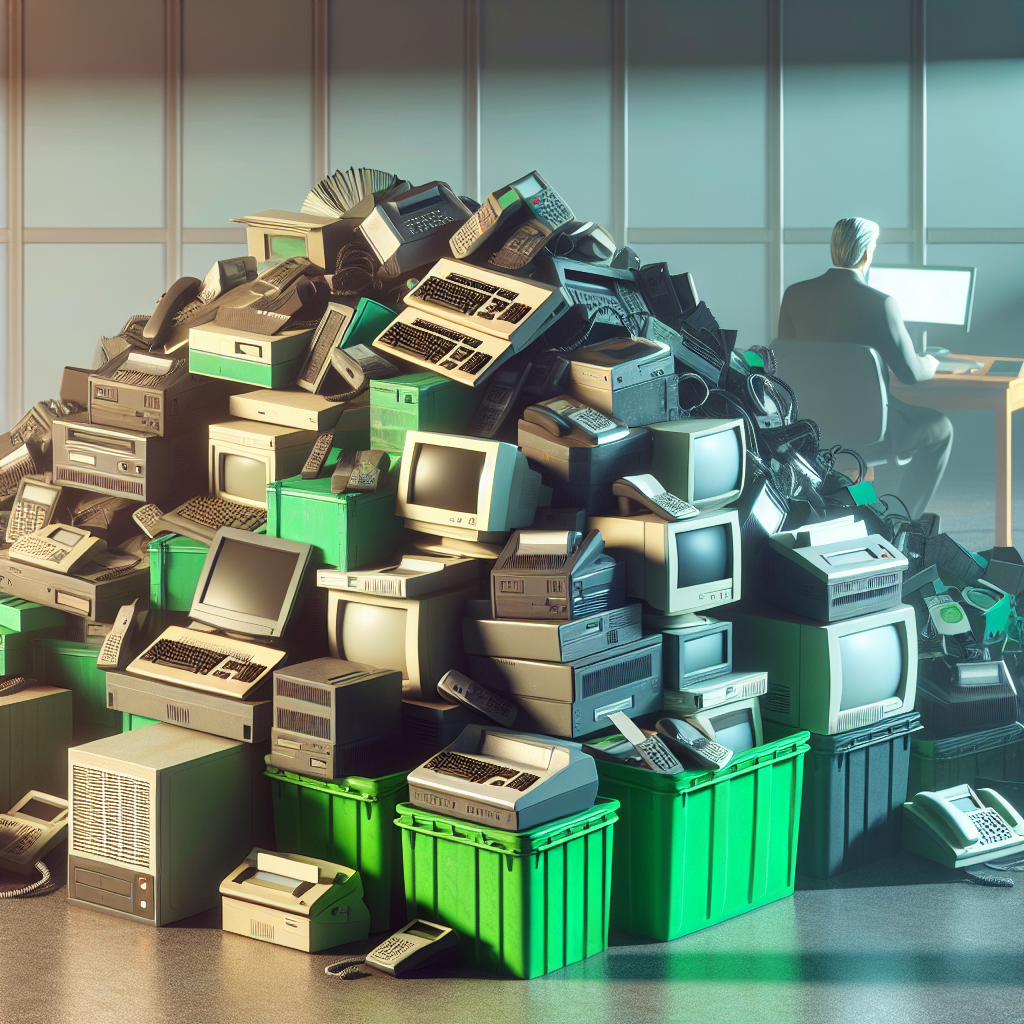Blog Ecobraz Eigre

disposal of obsolete electronics for companies in SP
Legislation and Standards for Electronic Equipment Disposal
The proper disposal of obsolete electronic equipment in São Paulo is governed by the National Solid Waste Policy (Law No. 12,305/2010) and the National Solid Waste Management Information System (SINIR), as established by Decree No. 10,936/2022. It is mandatory to follow CETESB-SP regulations to ensure that electronic waste is treated and discarded minimizing environmental impacts.
Technical Procedures for Proper Destination
Electronic devices must be sent to authorized electronic waste collection centers by environmental agencies. Ecobraz offers specialized solutions for electronic waste collection with environmental certification, ensuring legal compliance and sustainability.
Data and Magnetic Media Sanitization Security
For equipment that stores data, such as hard drives (HD), SSD units, and other devices, it is essential to perform secure sanitization according to best practices recommended by NIST (National Institute of Standards and Technology) to prevent sensitive data leakage. Ecobraz also provides the HD sanitization service, ensuring physical and/or logical data destruction in accordance with current regulations.
Environmental Impacts and Legal Responsibility
Improper disposal can cause soil, water, and air contamination due to the presence of toxic substances such as heavy metals and flame retardants. Compliance with federal and state legislation avoids fines and legal issues, as well as promotes corporate sustainability, meeting environmental governance demands.
Recommendations for Purchasing, Legal, ESG, and IT Departments
Decision makers in these departments should implement internal electronic waste management policies aligned with legislation, hire providers with environmental certification for safe collection and destruction, and promote team training. Additionally, periodic audits can ensure compliance with regulations and reinforce socio-environmental responsibility.
To schedule the collection or sanitization of electronic equipment, use the specialized services available at: electronic waste collection and HD sanitization.

Deixe um comentário
O seu endereço de e-mail não será publicado. Campos obrigatórios são marcados com *